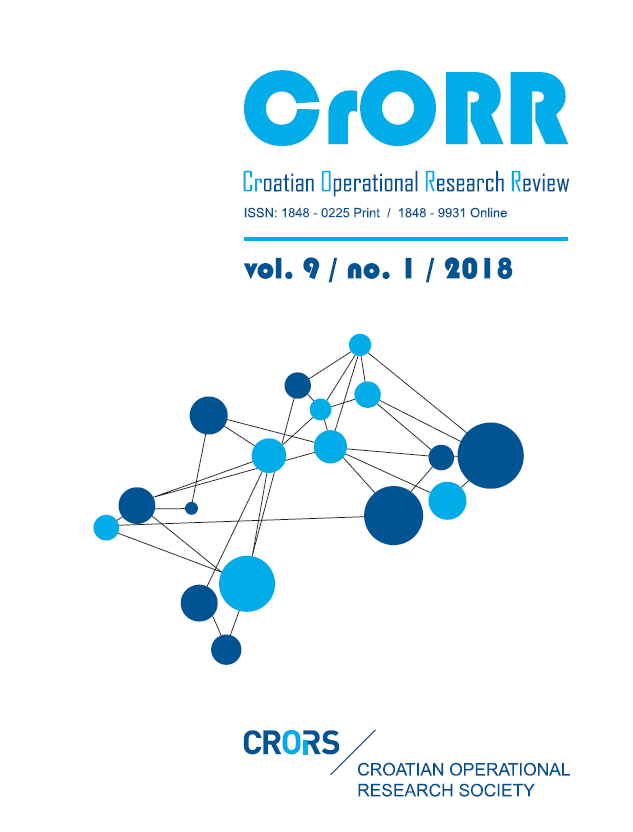Measuring the Efficiency of Regional Entrepreneurship Systems— An Application of Dynamic Network DEA on Taiwan’s Counties and Cities
Abstract
In this study, we apply dynamic network data envelopment analysis with slack-based measures to estimate the degree of ease of doing business in Taiwan’s counties and cities from 2004 to 2012. By proposing a three-stage regional entrepreneurship system, including entrepreneurship, survival, and operation stages in each county and city in Taiwan, we calculate not only the overall efficiency of the whole system, but also the stage efficiencies, the period efficiencies, and the stage efficiencies in each period. Our findings indicate that the average overall efficiency of Taiwan’s regional entrepreneurship system is higher in urban areas than in rural areas; while the average stage efficiency in operation stage is improving, its average efficiency in every year is better in urban than in rural areas. We also find dynamic self-effects in the entrepreneurship system of Taiwan’s counties and cities. The implications of this study indicate that entrepreneurs should locate their new enterprises in urban areas in Taiwan, due to the higher efficiencies of their entrepreneurship systems and better environments for business operation; as for local governments in rural areas, the improvement of their entrepreneurship environment is necessary, especially for the performance at operation stage.
Downloads
Published
Issue
Section
License
- Authors retain copyright and grant the journal right of first publication with the work simultaneously licensed under a Creative Commons Attribution License that allows others to share the work with an acknowledgement of the work's authorship and initial publication in this journal
- Authors are able to enter into separate, additional contractual arrangements for the non-exclusive distribution of the journal's published version of the work (e.g., post it to an institutional repository or publish it in a book), with an acknowledgement of its initial publication in this journal.
- Authors are permitted and encouraged to post their work online (e.g., in institutional repositories or on their website) prior to and during the submission process, as it can lead to productive exchanges, as well as earlier and greater citation of published work (See The Effect of Open Access).


